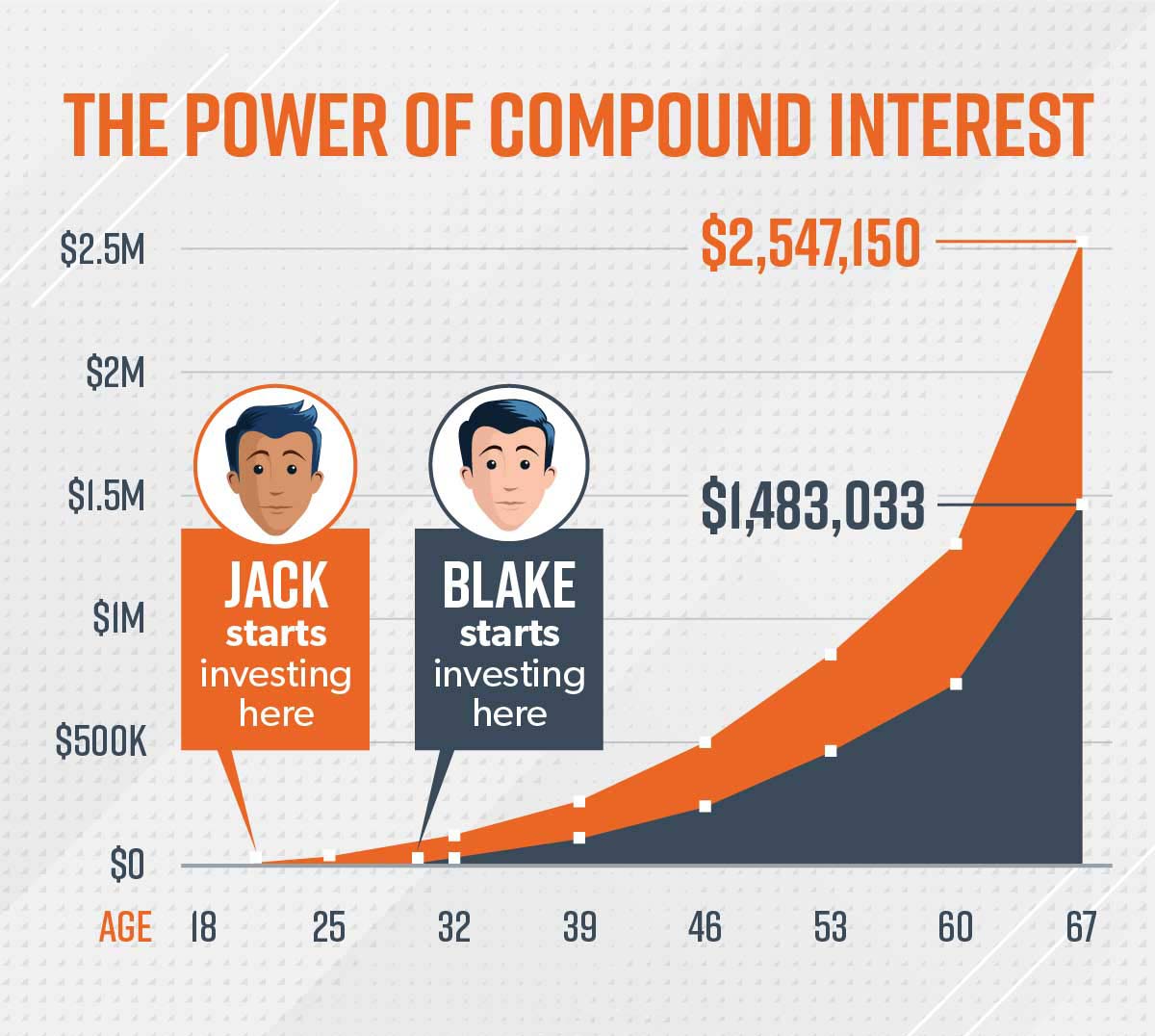If the thought of investing How Does Investing Work in the stock exchange terrifies you, you are not alone. People with extremely minimal experience in stock investing are either horrified by scary stories of the typical investor losing 50% of their portfolio valuefor example, in the two bear markets that have actually currently happened in this millennium or are beguiled by "hot pointers" that bear the pledge of substantial benefits however seldom pay off.
The truth is that purchasing the stock market brings danger, however when approached in a disciplined manner, it is among the most effective ways to build up one's net worth. While the worth of one's house usually represents most of the net worth of the typical specific, the majority of the upscale and very abundant typically have most of their wealth purchased stocks.
Secret Takeaways Stocks, or shares of a business, represent ownership equity in the firm, which give investors voting rights as well as a residual claim on business revenues in the type of capital gains and dividends. Stock exchange are where private and institutional financiers come together to purchase and offer shares in a public place.

For example, a private or entity that owns 100,000 shares of a company with one million outstanding shares would have a 10% ownership stake in it. A lot of business have outstanding shares that encounter the millions or billions. Common and Preferred Stock While there are two main kinds of stockcommon and chosenthe term "equities" is associated with typical shares, as their combined market value and trading volumes are numerous magnitudes bigger than that of favored shares.
Preferred shares are so called because they have preference over the typical shares in a company to receive dividends along with possessions in case of a liquidation. Common stock can be additional classified in terms of their ballot rights. While the basic premise of common shares is that they must have equal voting rightsone vote per share heldsome business have dual or numerous classes of stock with different ballot rights connected to each class.